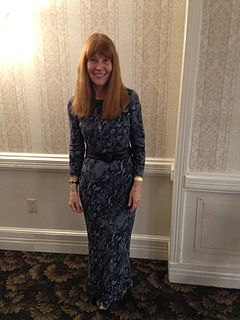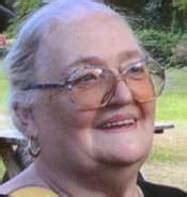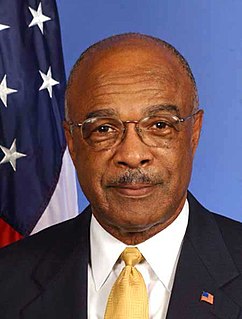Ein Zitat von Vivianne Crowley
Kreative Künste, neue Erfindungen und neue Ideen entspringen denen, die mit Fantasie gesegnet sind, und Magie regt die Fantasie an. Es ist kein Zufall, dass sich viele Künstler, Schriftsteller und Tänzer für Magie interessieren.
Verwandte Zitate
Die Fantasie inspiriert Sie dazu, alles mit neuen Augen zu betrachten, als wären Sie gerade aus einem dunklen Tunnel ans Tageslicht gekommen. Die Vorstellungskraft wird für Sie zu einer magischen Lampe, mit der Sie die Dunkelheit des Unbekannten durchsuchen, um neue Ziele zu entdecken oder produktivere Wege zu alten Zielen zu finden.
Doch Magie ist nichts anderes als die Kunst, bewusst unsichtbare Mittel einzusetzen, um sichtbare Effekte zu erzielen. Wille, Liebe und Vorstellungskraft sind magische Kräfte, die jeder besitzt; und wer es versteht, sie in vollem Umfang zu entfalten, ist ein Zauberer. In der Magie gibt es nur ein Dogma, nämlich dass das Sichtbare das Maß des Unsichtbaren ist.
Die Fantasie hat die schöpferische Aufgabe, Symbole zu schaffen, Dinge so zusammenzufügen, dass sie einander und alles um sie herum in ein neues Licht rücken. Die Vorstellungskraft ist eine Fähigkeit zum Entdecken, zum Erkennen von Zusammenhängen, zum Erkennen von Bedeutungen, die besonders und sogar ganz neu sind.
Ich glaube, dass ich durch Magie bestimmte Elemente meiner Umgebung kontrollieren kann, ich glaube, dass ich bestimmte Aspekte meines endokrinen Systems kontrollieren kann, und zwar durch Vorstellungskraft, Visualisierung und Atemtechniken, die gewissermaßen zu den wissenschaftlichen Aspekten gehören. Magie ist also eine Kombination, eine Suppe, eine entzückende Kombination aus Kunst, Vorstellungskraft, Visualisierung, Fantasie, mit einer gesunden Portion solider Basis, denn es ist eine Wissenschaft. Die Sache ist, wir haben die Schlüssel verloren.
Um es einfach auszudrücken: Wir müssen die Künste in der Bildung behalten, weil sie den Schülern Geistesgewohnheiten vermitteln, die ein Leben lang Bestand haben: kritische Analysefähigkeiten, die Fähigkeit, mit Unklarheiten umzugehen und Probleme zu lösen, Ausdauer und das Streben nach Exzellenz. Darüber hinaus führen die kreativen Fähigkeiten, die Kinder durch die Künste entwickeln, zu neuen Ideen, neuen Erfahrungen und neuen Herausforderungen, ganz zu schweigen von der persönlichen Zufriedenheit. Das ist der eigentliche Wert der Künste, und er kann nicht hoch genug eingeschätzt werden.
Es gab einen Typen namens Ed Mishell. Er war dieser großväterliche Typ, der alle Illustrationen für die Kataloge anfertigte und magische Effekte für die magischen Zeitschriften rezensierte, also schickten ihm alle Zauberhändler kostenlos magische Effekte – das war ein tolles Angebot. Sein Keller war voll mit diesem Zeug. Er nahm mich unter seine Fittiche und schmuggelte mich zu den Treffen der Society of American Magicians in New York. Es ist die älteste magische Organisation der Welt.
Henry Corbin erschafft die Welt – vor allem seine Auseinandersetzung mit der Vorstellungskraft und was diese für ihn bedeutete. Manche Philosophen würden die Vorstellungskraft als eine synthetische Fähigkeit betrachten, wie man verschiedene Dinge zusammenfügt. Künstler betrachten die Vorstellungskraft eher als Kreativität. Daher gefällt mir wirklich die Art und Weise, wie er die Vorstellungskraft als eine Fähigkeit darstellt, die es einem ermöglicht, Welten zu erleben, die nicht unbedingt physisch, aber dennoch real sind.

































